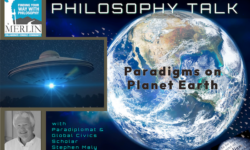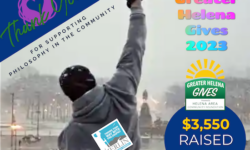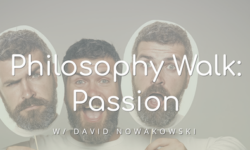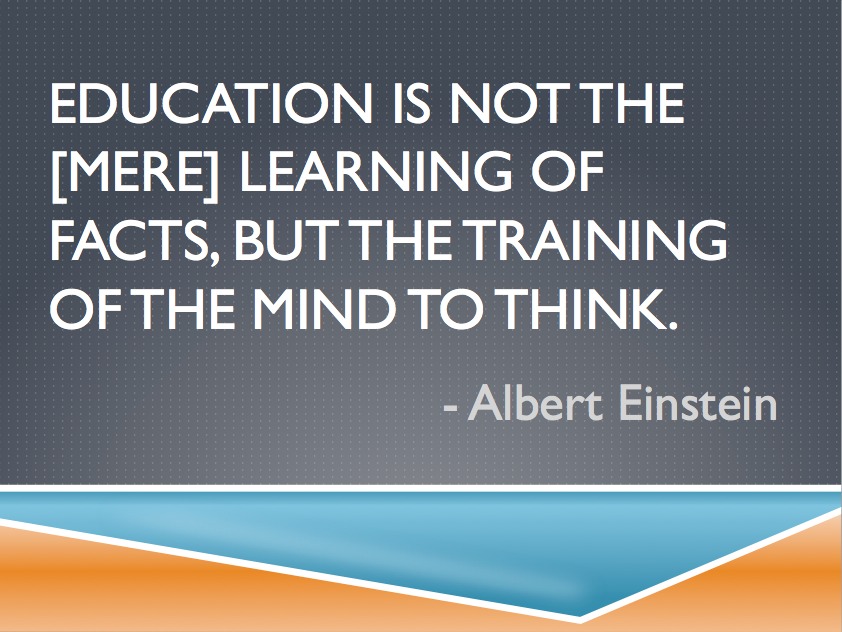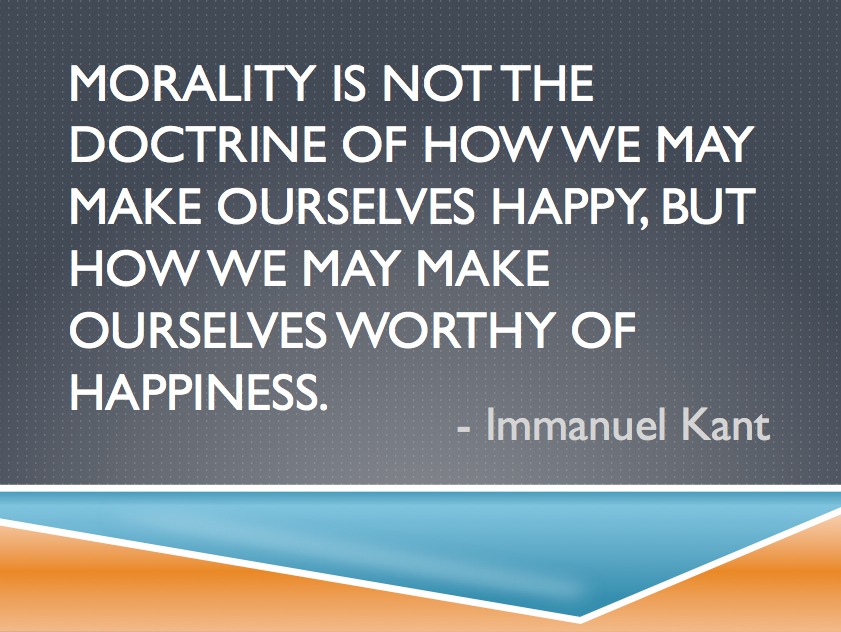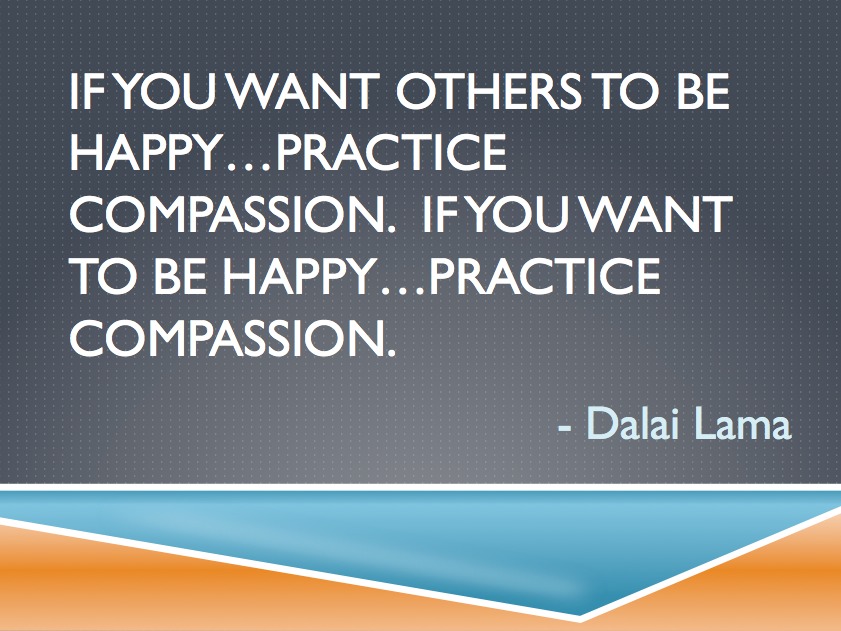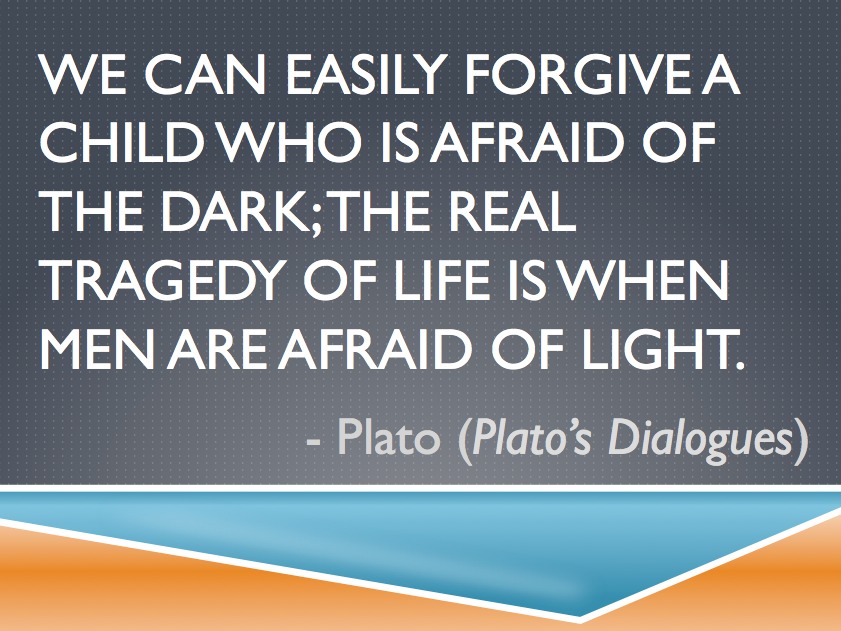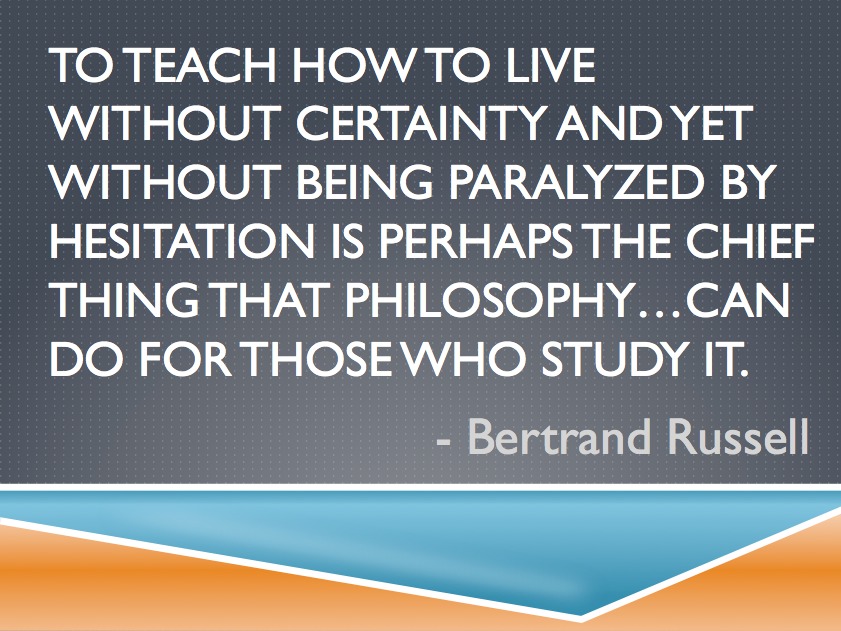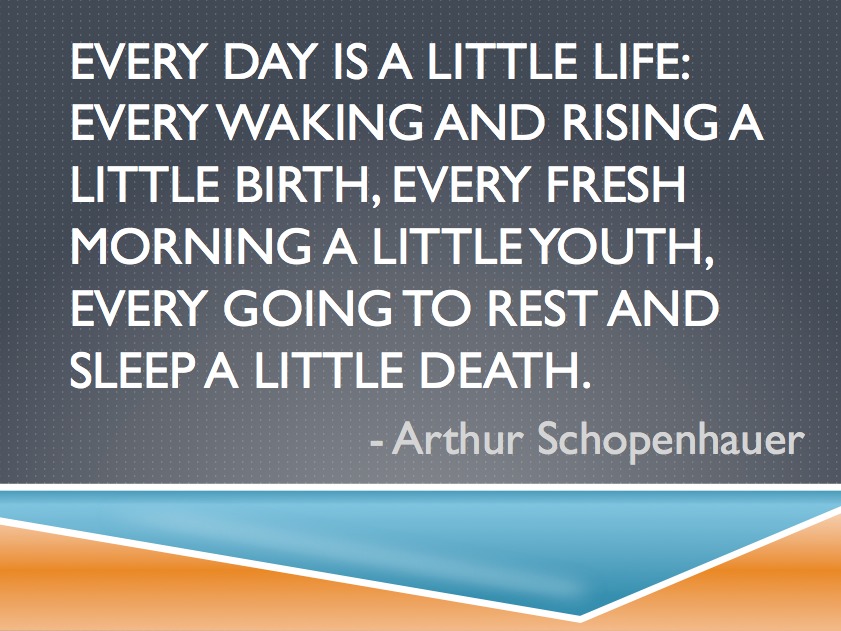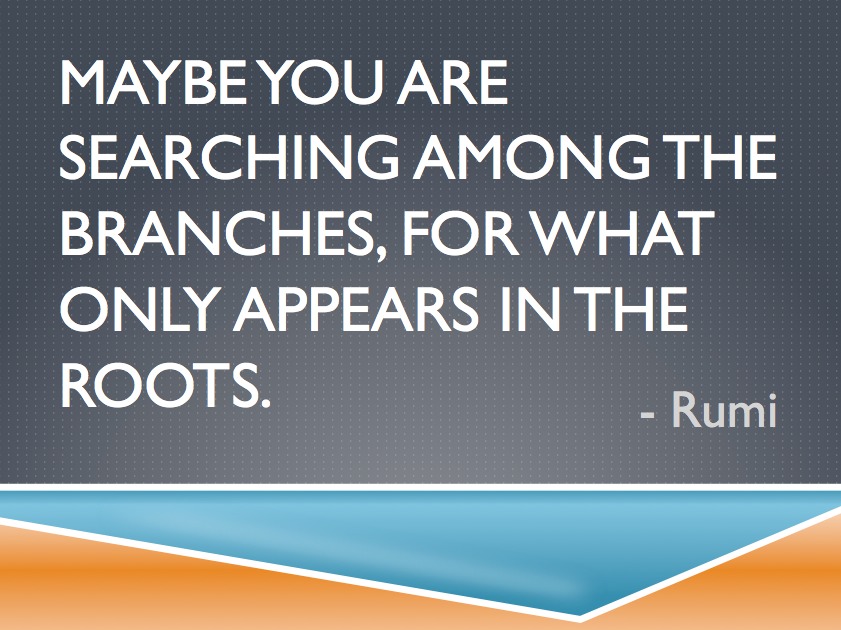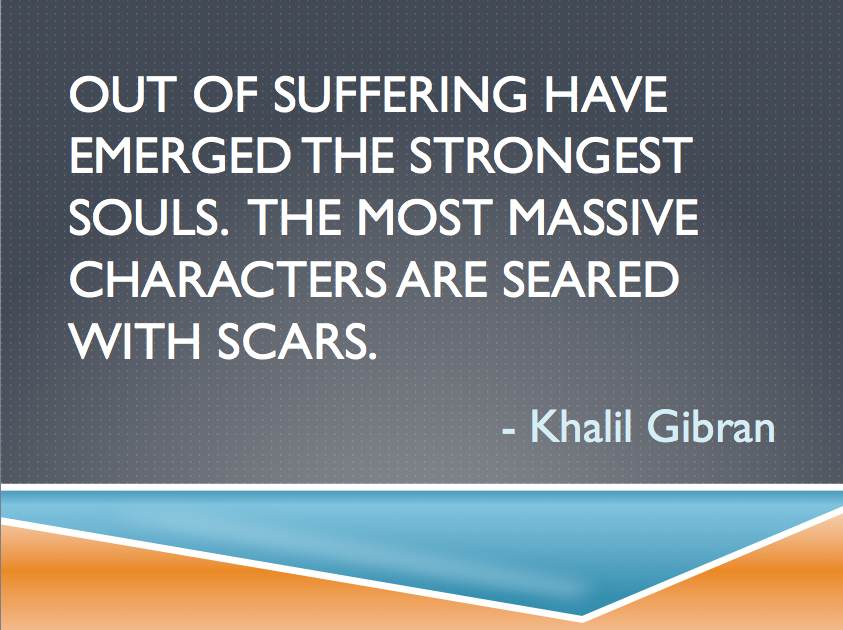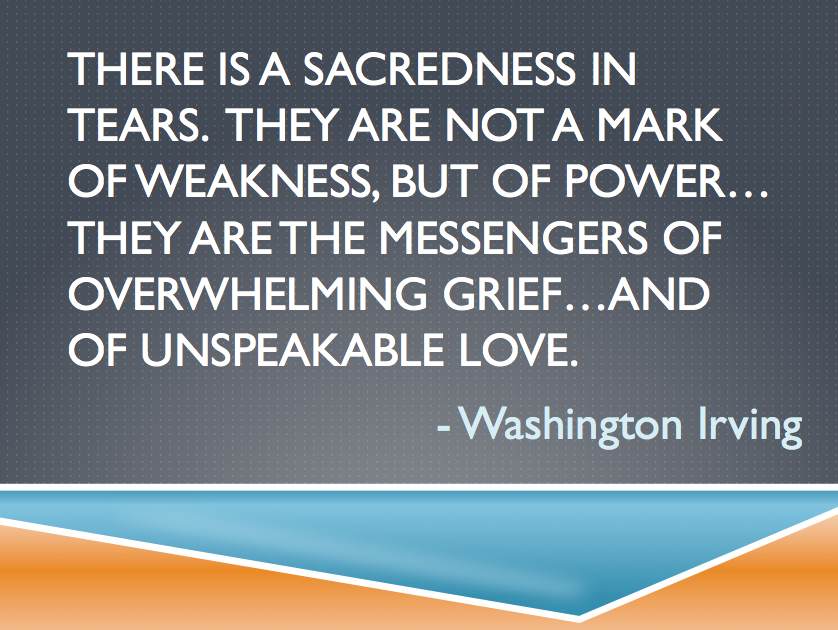Tag: philosophy in the community
Philosophy Walk: Mercy & Forgiveness
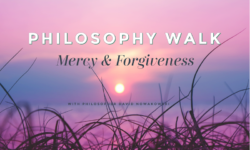
We often talk about showing mercy or forgiving those who have harmed us as something noble, praiseworthy, perhaps even necessary or required in order to behave well. But this has by no means always been the case: the ancient Romans, for example, often saw the bestowal of mercy or clemency as a sign of tyranny and despotism, and they had some good reasons for doing so. By taking some historical perspective on these issues, in this walk we’ll aim to deepen our own understanding of the scope, limits, benefits, and dangers of mercy, clemency, and forgiveness. Learn more & RSVP here!
Workshop Series: Reading Myths Philosophically (Session 2)
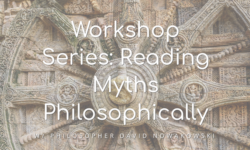
Myths—inspired stories which relate “things which never happened at any particular time, but which always are,” in one ancient author’s memorable phrase—have played an important role in wisdom traditions around the world. But the role of myth is often woefully misunderstood in our contemporary society, where myths are seen as mere fiction, falsehood, or silly stories that “other people” tell who are “too ignorant to do science,” the way “we” do. In this two-part series, we’ll try to recover a richer, more robust understanding of myth, with the help of some Platonist philosophers of the 3rd-5th centuries, who defended and explained mythic modes of knowing for an age, much like ours, in which elite opinion scorned traditional myths. Learn more & RSVP here.
Workshop Series: Reading Myths Philosophically

Myths—inspired stories which relate “things which never happened at any particular time, but which always are,” in one ancient author’s memorable phrase—have played an important role in wisdom traditions around the world. But the role of myth is often woefully misunderstood in our contemporary society, where myths are seen as mere fiction, falsehood, or silly stories that “other people” tell who are “too ignorant to do science,” the way “we” do. In this two-part series, we’ll try to recover a richer, more robust understanding of myth, with the help of some Platonist philosophers of the 3rd-5th centuries, who defended and explained mythic modes of knowing for an age, much like ours, in which elite opinion scorned traditional myths. Learn more & RSVP here.
Greater Helena Gives 2023 Donors Raise $3,550 for Philosophy in the Community!
Philosophy Workshop: Ethics in the Field — A Combat Perspective
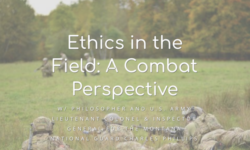
A workshop exploring just war theory, rules of engagement, and ethical dilemmas faced in combat. Led by philosopher U.S. Army Lieutenant Colonel and Inspector General of the Montana National Guard Charles Phillips, this gathering will involve indoor & outdoor time with hands-on activities. Learn more & RSVP here.
Philosophy Walk: Mercy & Forgiveness

We often talk about showing mercy or forgiving those who have harmed us as something noble, praiseworthy, perhaps even necessary or required in order to behave well. But this has by no means always been the case: the ancient Romans, for example, often saw the bestowal of mercy or clemency as a sign of tyranny and despotism, and they had some good reasons for doing so. By taking some historical perspective on these issues, in this walk we’ll aim to deepen our own understanding of the scope, limits, benefits, and dangers of mercy, clemency, and forgiveness. Learn more & RSVP here!

